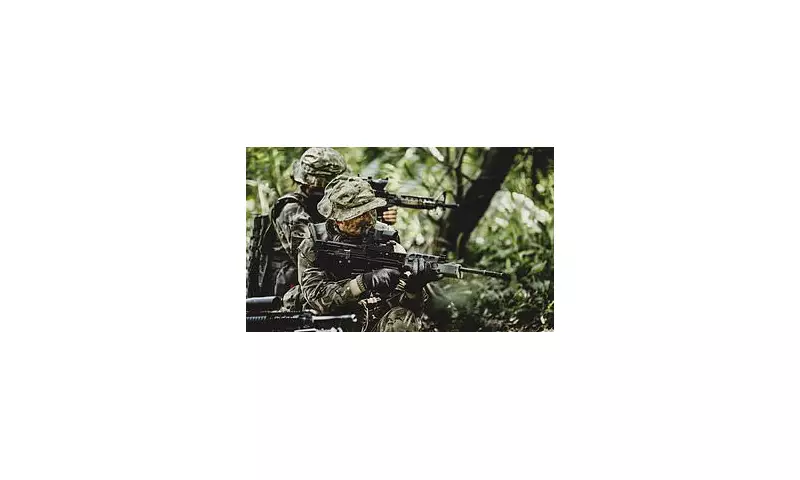
The Ministry of Defence is facing a seismic legal challenge in the Royal Courts of Justice, accused of orchestrating a 'wall of silence' to obstruct investigations into alleged unlawful killings by SAS operatives during the conflict in Afghanistan.
This landmark judicial review, brought forward by the determined families of four slain Afghan men, alleges a systematic cover-up within the highest echelons of the British military. They claim credible evidence of extrajudicial executions has been deliberately ignored or buried.
A Campaign of 'Unlawful Killings'
At the heart of the case are harrowing claims that elite SAS soldiers conducted a campaign of unlawful violence. The court heard allegations of UK special forces killing civilians during night raids, often in their own homes, and then planting weapons to justify the shootings.
Representing the bereaved families, barrister Richard Hermer KC did not mince words. He stated the evidence points not to 'a few bad apples' but to potential criminality on a 'blood-curdling' scale, suggesting knowledge of these acts may reach the very top of the chain of command.
The MoD's 'Wall of Silence'
The claimants argue that the MoD's internal investigations have been a masterclass in obstruction. Key evidence has been withheld, witnesses have not been properly interviewed, and investigations have been shut down without credible explanation.
This alleged institutional resistance has left the families searching for answers for over a decade. They are now demanding a full, independent public inquiry to finally uncover the truth about what happened during those dark nights in Afghanistan.
A Test for British Justice
This case transcends the specifics of the allegations. It poses a fundamental question about accountability and the rule of law. Can the British state hold its most secretive and elite military unit to account?
The High Court's decision on whether to grant a full judicial review is pending. Its ruling will determine if the families' long fight for transparency can proceed, setting a critical precedent for military accountability and justice.





